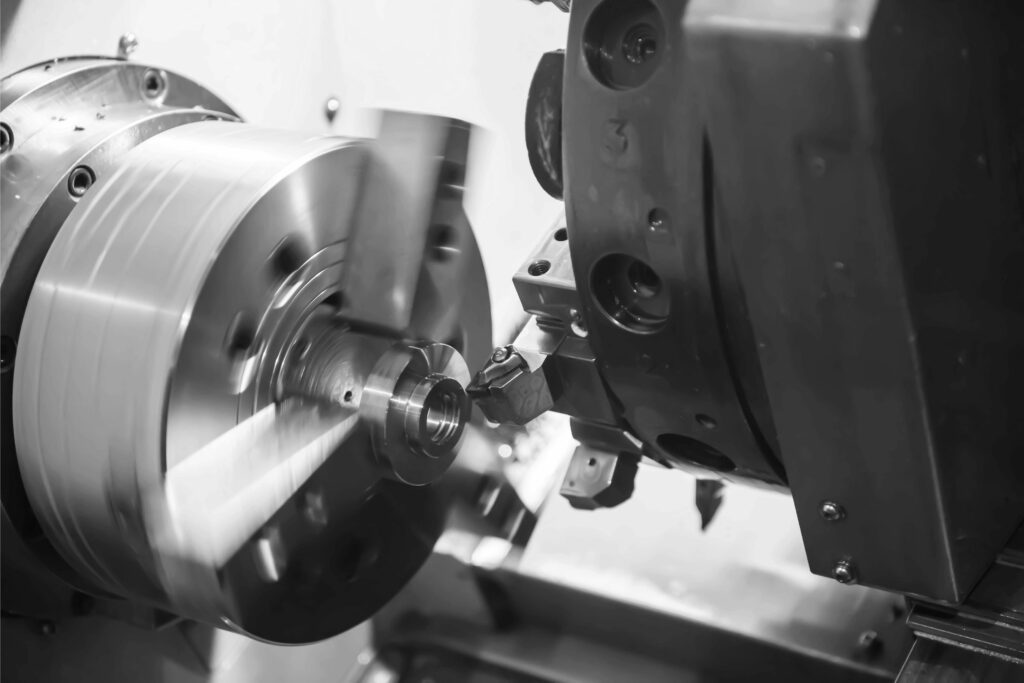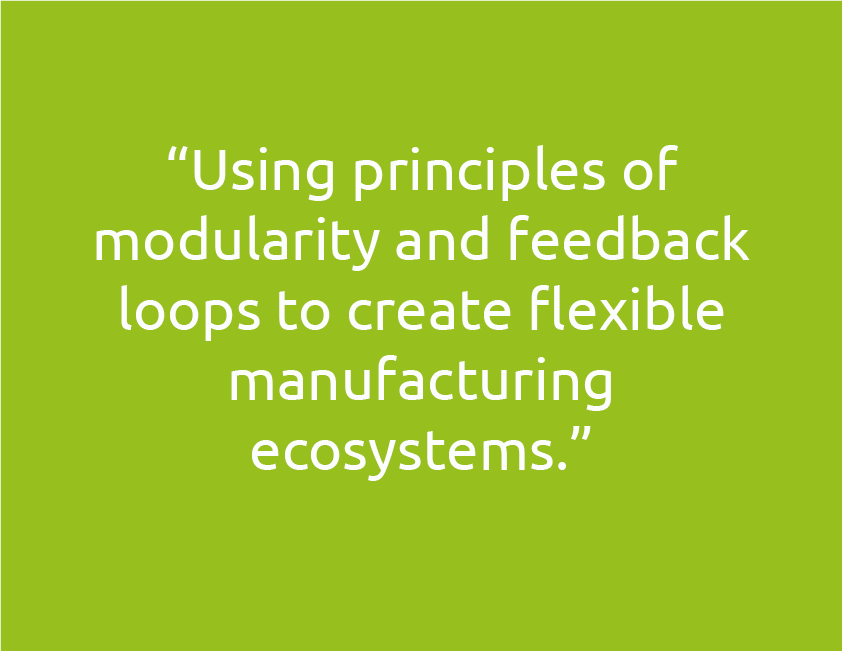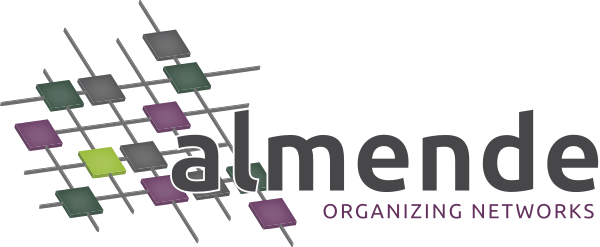Manufacturing
The manufacturing domain has changed considerably from the mass production of standardized product lines to the more recent trend of mass customization, and finally individual customization. This has been a source of challenges for the domain, mainly around allowing a large amount of flexibility for the end-user while keeping the advantage of production at scale.


Build feedback loops with end users to optimize current and future product lines
In traditional production, a product was put on the market through various iterations, with each iteration offering a chance to collect feedback about how the production line was doing, and which features were adding the most value. However, as devices are becoming more and more connected, this feedback process can happen in a continuous fashion. Instead of spending years on designing and producing the new iPhone, which will implement a whole array of changes at once, production can be structured around continuous feedback, immediately implementing changes into the current production line.
Allow for flexibility at all stages of production to meet individual demands
With the advent of e-commerce, customers are getting more and more options to customize the products they buy. This presents challenges for production lines that are aimed at mass-producing components or products of a certain type. Self-organization can play a role here by seeing production as a modular interaction between various agents, where subcomponents can be sourced directly at the agent who is best capable of producing them, based on a dynamic real-time view of the virtual factory.
Encourage products-as-a-service
Oftentimes, people buy products not for the product itself, but for the goal they want to achieve with it. For example, people buy a car because they want a mode of transportation for their daily commute. This creates entirely new business models for manufacturers, where reliability is valued over shorter lifecycles. The automotive company might invest in sensors to perform predictive maintenance, so the car can relay information about wear and tear to the producer, who can schedule maintenance appointments in advance or ship replacement parts before they break. By encouraging service thinking, users are encouraged to stick with products for longer, increasing the value of the relationships with the manufacturer and reducing the ecological footprint.
Projects
Almende aims to facilitate innovation. Click on one of the tiles below if you wish to learn more about one of our manufacturing projects.

ARUM
Improving planning and control systems of complex products using prediction and real-time control.
More info?
Need specific information regarding our manufacturing domain? Please contact our senior consultant for more information.





